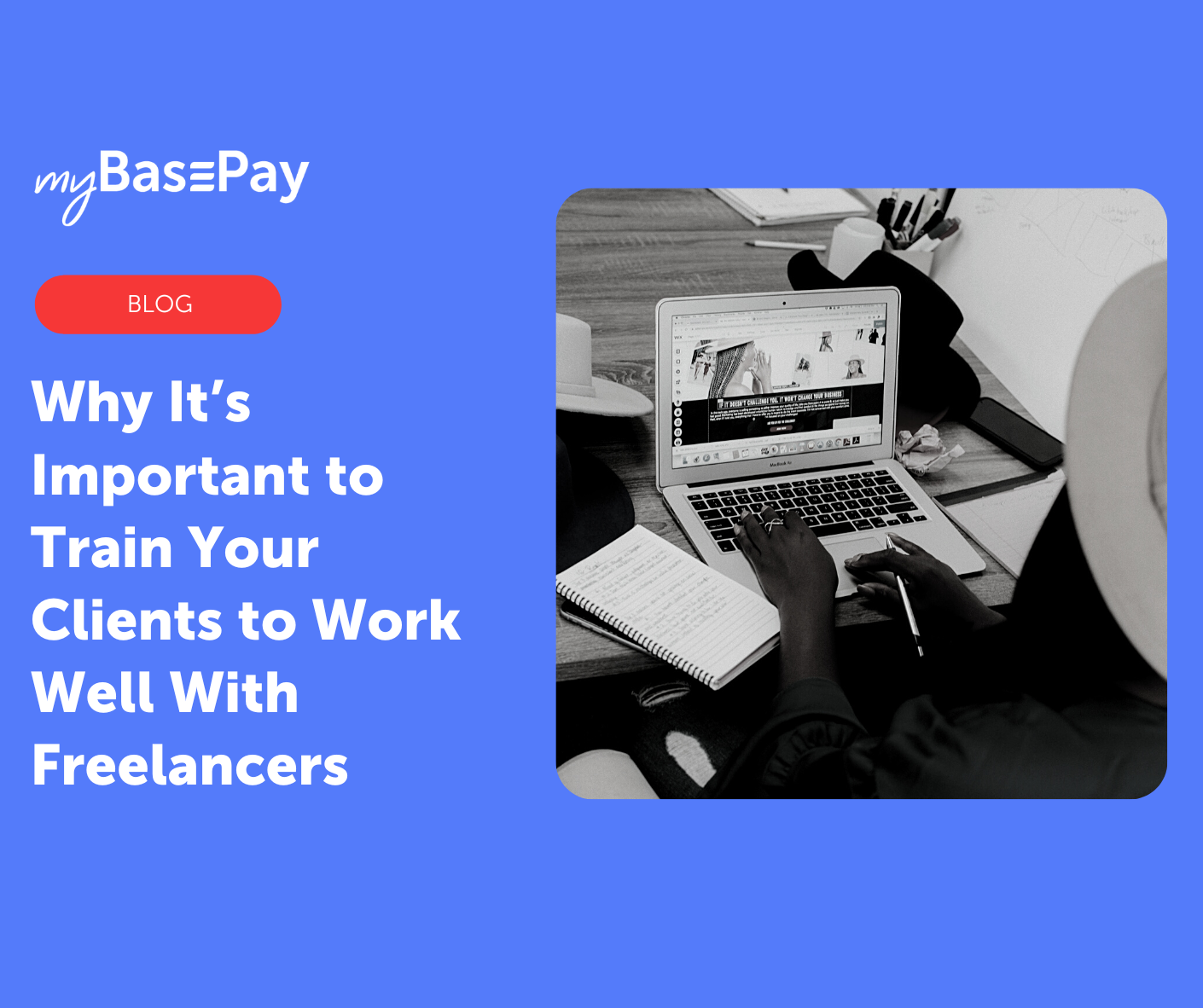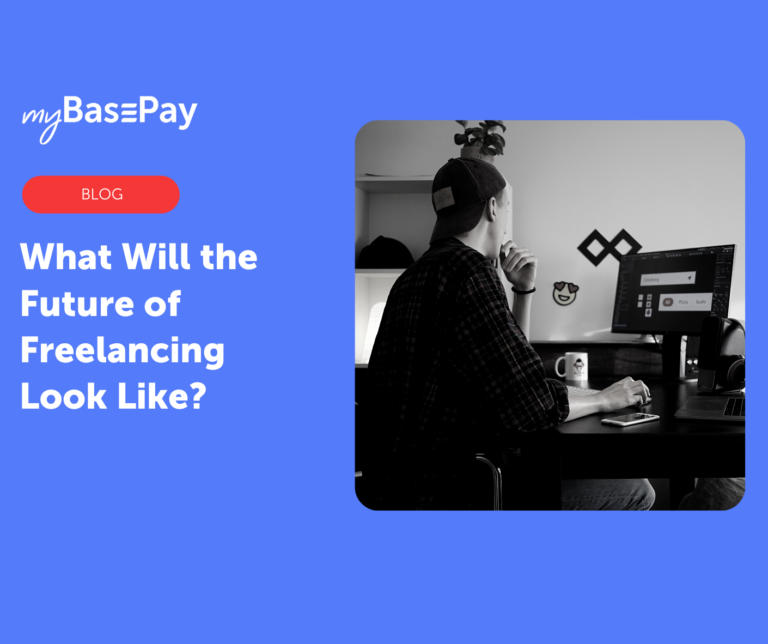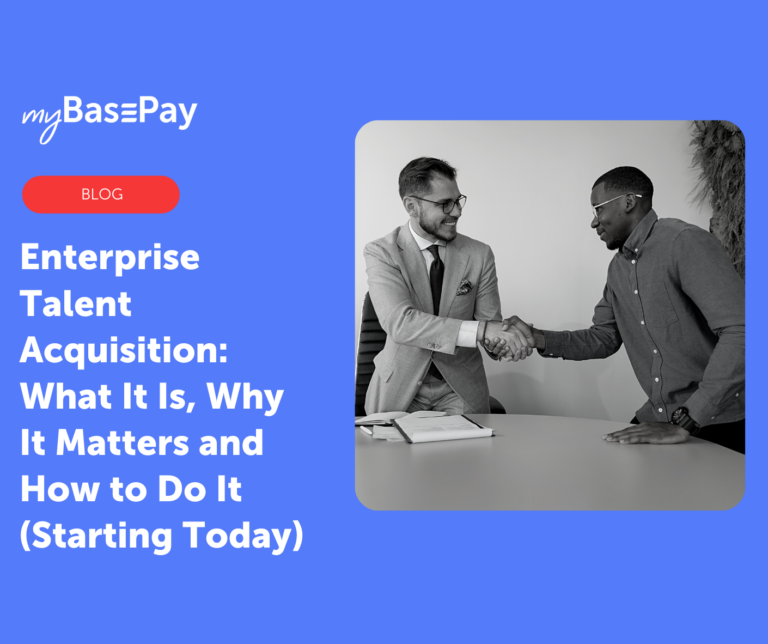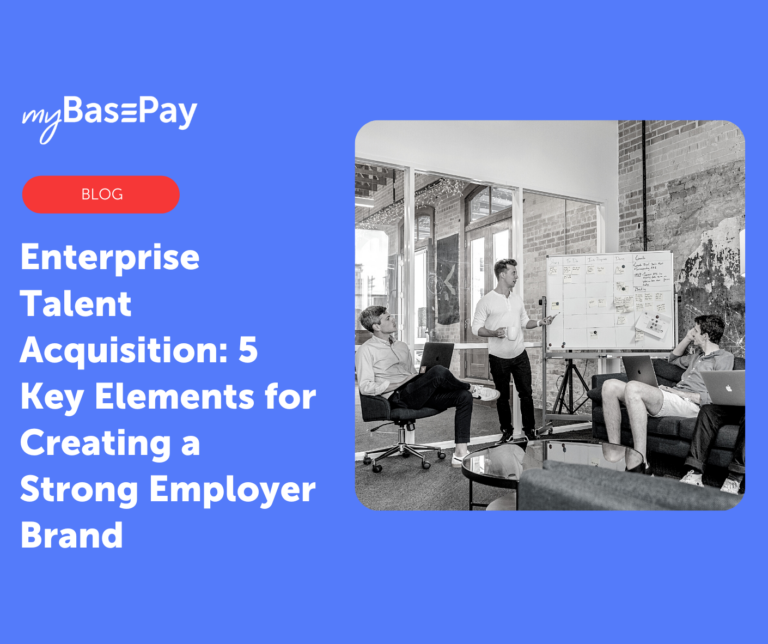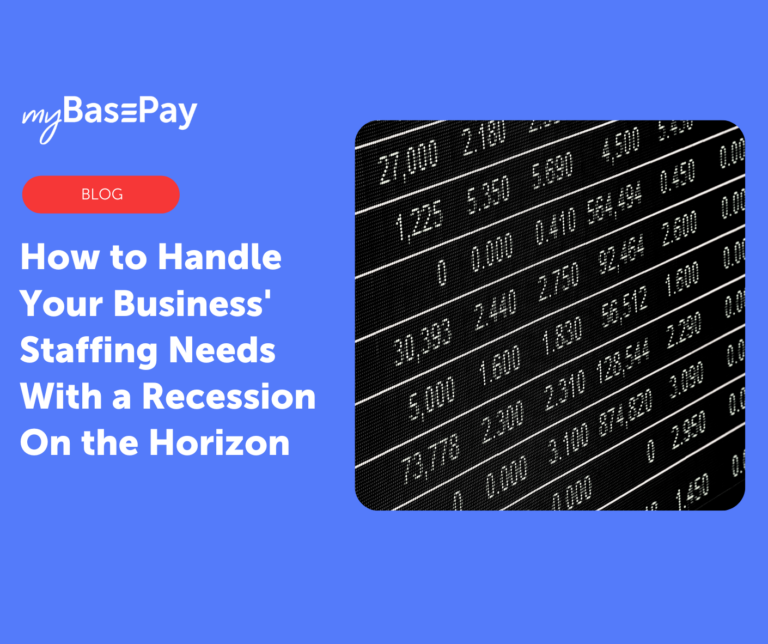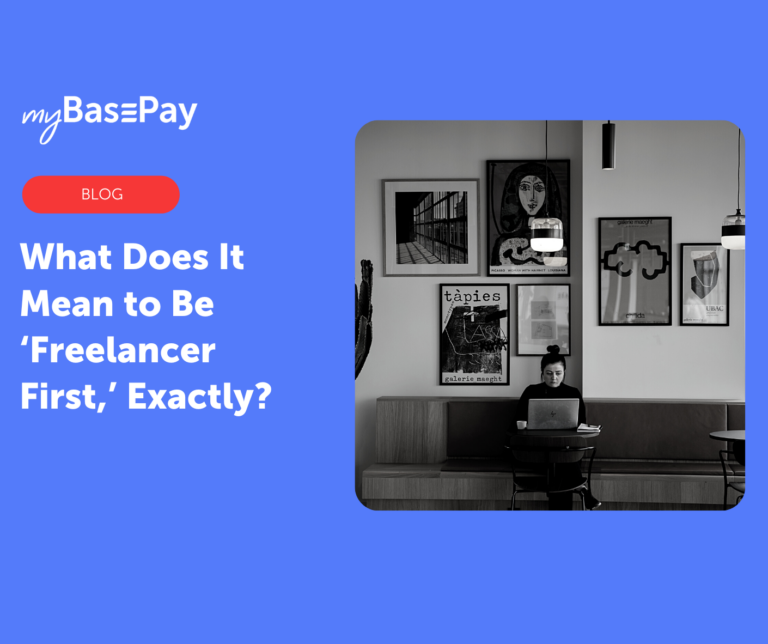Why It’s Important to Train Your Clients to Work Well With Freelancers
Today’s staffing agencies are engaging with freelancers more often than ever before — and for good reason. Many businesses have come to recognize the potential value of working with contingent talent, such as greater operational flexibility and reduced overhead.
While ensuring that clients are supplied with quality freelancers is one thing, this is only part of the equation. Staffing professionals must also train their clients to work well with freelancers if they want any chance of lasting success. By understanding the importance of working well with freelancers, your clients can achieve far more favorable outcomes.
Employer Brand Matters for Freelancers
There’s a reason that websites like Glassdoor, which allow employees to leave anonymous reviews of employers, have become so popular. After all, while much of the impetus behind the Great Resignation is tied to low pay and career advancement, Pew Research found that “feeling disrespected at work” was the third-ranked reason why people quit their jobs in 2021, cited by 57 percent of respondents.
Similar issues are at play with freelancers, as well. Your clients build their employer brand based on how they treat the freelancers they work with. This can encompass a wide range of issues, from simply providing timely payments to effectively communicating on a project.
A client that doesn’t respect freelancers, tries to be too controlling or is a poor communicator can cause significant harm to its employer brand. Actions that cause freelancers to lose trust in a client can be absolutely devastating for its reputation. Just like an employee might turn down a job offer with a company that has a poor reputation, freelancers may decline to work with a client that has a problematic history.
The internet has leveled the playing field by allowing freelancers to essentially vet a client before they choose to work with them. While a strong employer brand will get freelancers wanting to work with the client again and again, a poor employer experience will actively drive talent away. The strength of the employer brand will directly affect how easy (or difficult) it is to connect with and retain freelancers.
Supply and Demand
Despite the numbers touting that the U.S. has nearly 60 million freelancers, the “freelance revolution” continues to face a supply problem. While millions of people freelance, roughly three-quarters of them do so on a part-time basis. Many people are content to keep their freelancing as a “side gig” to earn some extra income. Others understandably worry about the loss of income predictability and stability, as well as employer benefits, if they were to freelance full-time.
Part-time freelancers may not have the ability to take on a major project. And even those who freelance full-time typically have to balance their workload with multiple clients.
All of this means that the number of freelancers who are readily available to fill the needs of your clients is more limited than you might first expect. This is especially true when you break the numbers down into different sub niches. While some industries, such as accounting and digital marketing, are experiencing higher freelancer growth, others remain stagnant.
With a relatively limited pool of qualified freelancers to choose from, it is essential that your clients work well with the freelancers who deliver strong results. Alienating the talent pool could eventually leave a client in a situation where there are no longer any qualified, available freelancers willing to work with them.
Eventually a business might be obligated to either work with less talented freelancers who don’t have all the qualifications needed for the project, or to pay higher rates than they originally budgeted for to attract better talent.
Key Practices for Working Well With Freelancers
So how can you ensure that your clients develop a positive working relationship with freelancers? First, businesses must understand that working with a freelancer is not like hiring another employee. Instead, they should view this relationship as a business partnership.
As Jon Younger explained in myBasePay’s The Advantage of a Marketplace Economy in 2022 webinar, “An awful lot of young project managers…aren’t all that good working with freelancers. They want them to be employees because they want them to be subordinate. Freelancers are not subordinate. They’re small business owners that are choosing to partner with you. Not supplicants, hoping to extend.”
Even though your clients are dealing with an individual, rather than a corporation, viewing freelancer relationships as a business partnership can go a long way in setting the appropriate tone.
Strong communication is also a must when working with freelancers. Clear deadlines, milestones and expectations help freelancers succeed in their work and use their time well. Detailed project briefs, participation in relevant internal communications tools and so on ensure that nothing slips through the cracks.
Finally, streamlined onboarding and payment processing will provide a stress-free experience for freelancers. Freelancers shouldn’t feel like they are chasing down clients to get paid. Ideally, a quality back-office setup will practically automate these processes so freelancers can focus their energy on the task they’ve been paid to do.
When these basics are in place, clients can establish a relationship built on trust and respect. This will enable freelancers to deliver higher-quality work, while also fostering a strong working relationship that is more likely to stand the test of time.
Create an Environment Where Clients and Freelancers Thrive
By training clients to work well with freelancers, you ultimately create a win-win scenario for everyone involved. Freelancers are treated with the respect they deserve and are valued for the work they provide. As a result, clients build a strong employer brand, making them far more likely to become an “in-demand” client for contractor projects.
When freelancers and clients have a strong working relationship, everyone is better equipped to get the results they want and need. myBasePay’s corporate talent acquisition services can help staffing agencies foster successful outcomes for their clients and independent contractors.
With streamlined contingent staff management, worker classification assurance and an optimized candidate experience, you can strengthen your own talent placement services to facilitate these results.
Author: Cesar Jimenez, myBasePay CEO
Cesar A. Jimenez is an entrepreneur, investor, and military veteran with over 25 years of staffing industry expertise successfully leading technology staffing organizations. His expertise in the IT industry allows him to use his experience as a thought leader for talent acquisition, staffing, IT, and recruitment technologies with a passion for contingent workforce solutions. Cesar has held various leadership roles for both a global staffing organization and technology solutions companies. This expertise has enabled him to develop alternative workforce models that provide the agility for organizations to be competitive in today’s marketplace. In his spare time, he enjoys spending time with hisfamily, working out, and coaching high school baseball players.
